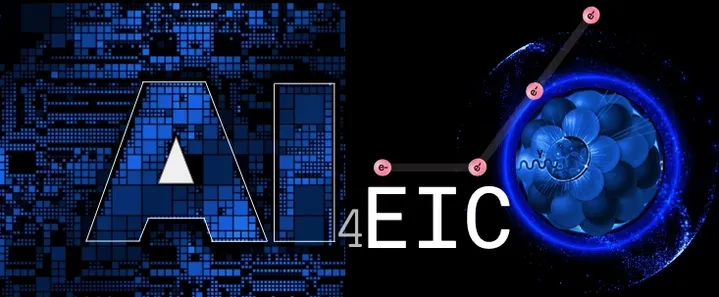Speaker
Description
One of the key design choices of any sampling calorimeter is how fine to make the longitudinal and
transverse segmentation. To inform this choice, we study the impact of calorimeter segmentation
on energy reconstruction. To ensure that the trends are due entirely to hardware and not to a sub-
optimal use of segmentation, we deploy deep neural networks to perform the reconstruction. These
networks make use of all available information by representing the calorimeter as a point cloud.
To demonstrate our approach, we simulate a detector similar to the forward calorimeter system
intended for use in the ePIC detector, which will operate at the upcoming Electron Ion Collider.
We find that for the energy estimation of isolated charged pion showers, relatively fine longitudinal
segmentation is key to achieving an energy resolution that is better than 10% across the full phase
space. These results provide a valuable benchmark for ongoing EIC detector optimizations and may
also inform future studies involving high-granularity calorimeters in other experiments at various
facilities

